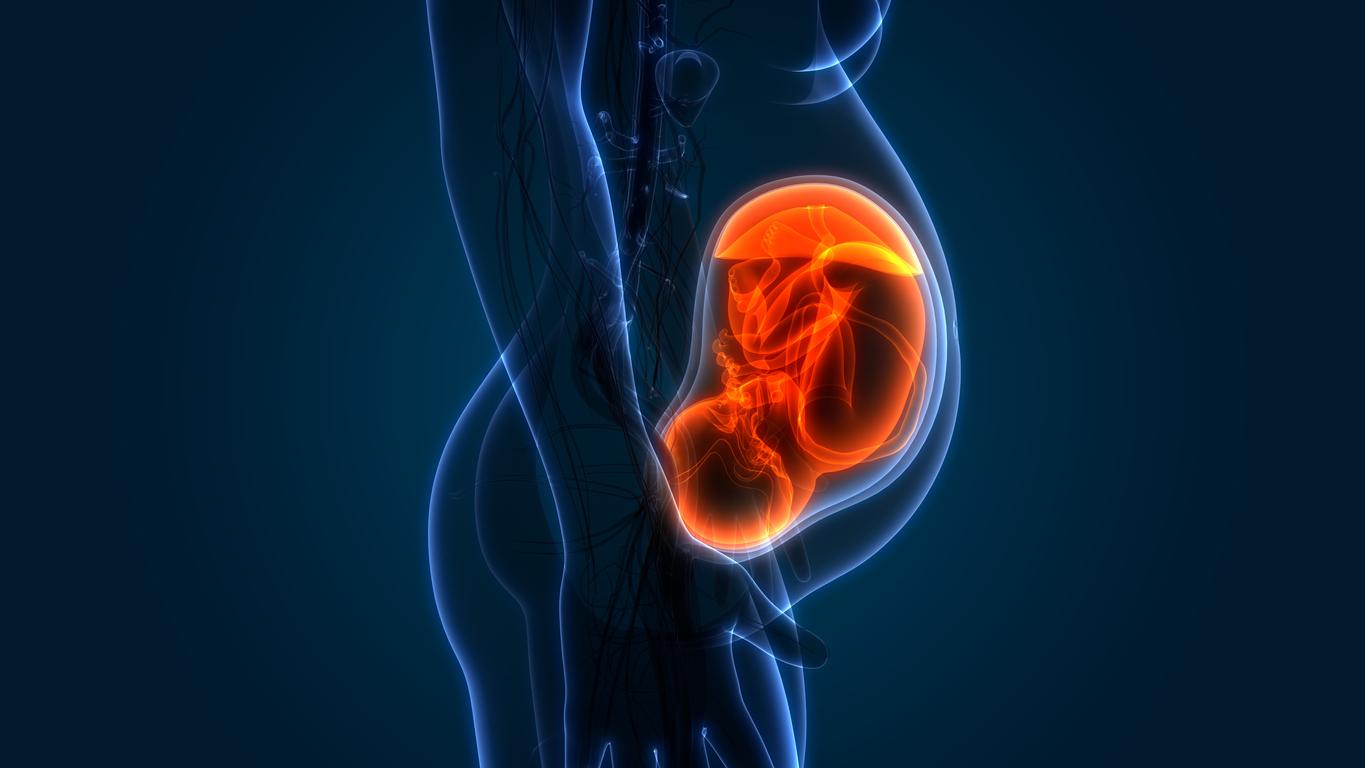What do we know about Zika virus? Still little, if not its apparent involvement in cases of fetal microcephaly, inflammation of the brain and neurological diseases such as Guillain-Barré syndrome. To better understand the action of Zika on health, researchers from the Washington School University of Medicine (United States) are deciphering the effects of this virus on mice, and are particularly interested in the dangers for fetuses. Indeed, “L’Zika infection in pregnant women is a major problem since it is linked to catastrophic fetal abnormalities including microcephaly, spontaneous abortion and intrauterine growth retardation (IUGR), due to placental insufficiency“explain the researchers in their publication. In a study published in the medical journal Cell, they claim to have demonstrated that a Zika infection in pregnant (pregnant) mice damages the placenta and causes fetal death.
Growth defect, fetal death and placental necrosis
For this study, the researchers inoculated the Zika virus into mice a week after they were fertilized. Since these rodents are able to block the Zika virus, scientists have turned off the genes in their immune system or weakened them so that they report infection. Six to nine days after the inoculation, the researchers analyzed the placenta and the fetuses. As a result, they noted pallor of the fetuses, fetal deaths, growth abnormalities and necrotic areas on the placenta. They also measured high levels of viral RNA even within the placenta and the heads of the fetuses. All these observations support the hypothesis of a passage of the virus from the blood of the mother to the blood of the fetuses, via the placenta, facilitated by the fact that the virus seems to degrade this organ. “The placenta acts as a barrier against infection, thanks to its unique structural, cellular and immune properties“emphasize the researchers.”Defective placentas can lead to high morbidity and maternal and fetal mortality during pregnancy. We observed profound pathological changes in placentas infected with Zika virus, including cellular apoptosis [mort des cellules], abnormal characteristics of the blood vessels of the fetus and an increase in the level of nucleated red blood cells in the fetus, indicating dysfunction of the placentas in mice due to Zika infection“deplore the authors of the study.
Towards a vaccine and treatment against Zika?
These observations should make it possible to better understand the effects of Zika, so as to be able to develop tools to prevent and treat infections. “These models will facilitate the study of the pathogenicity of the Zika virus, of in utero transmission and tests of therapies and vaccines to prevent congenital malformations.“, hope the researchers.
Since 2015, the Zika epidemic has affected the American continent. The most affected country is Brazil, where health authorities have already counted 1.5 million cases. In March 2016, 641 cases of microcephalyhad been recorded in this country.
>> To read also:
Zika: the urine test would be more reliable than the blood test
Zika: death of a first baby with microcephaly
Zika virus is scary because it mutates very quickly
Peru: condoms distributed to fight against Zika virus


















